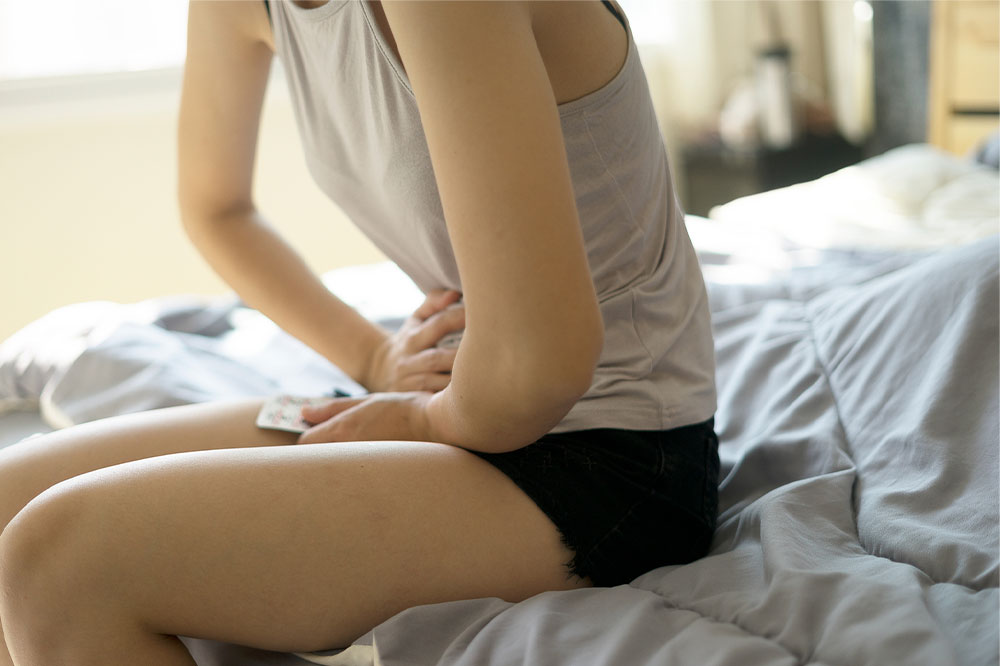
5 common period mistakes to avoid
A period is the time of the menstrual cycle when the uterine lining sheds in the form of blood. A typical cycle lasts anywhere between 24 and 38 days. Some of the most common symptoms a woman feels during her period include cramps, mood changes, trouble sleeping, headaches, bloating, breast tenderness, and acne. Certain mistakes can add to the discomfort one feels during their period, and therefore, must be avoided.
Using scented toilet paper, tampons, or pads
Scented sanitary products may sound appealing but it can be quite irritating and may even cause burn-like symptoms. Ideally, one should stick to using fragrance-free hygiene products that are free of additives like aloe to maintain the pH levels around the vulva. Those with extremely sensitive skin may also benefit from using organic sanitary products that are free of chemicals such as pesticides.
Douching the vagina and vulva
The word “douche” is the French translation for “wash” or “soak.” Many women use this method to wash out the vagina during or after their period as they think it helps them feel cleaner. However, the vagina is a self-cleaning organ and douching can throw off the pH balance of one’s nether regions, making them more susceptible to yeast infections and bacterial vaginosis. According to the American College of Obstetricians and Gynecologists (ACOG), one should avoid douching, as some amount of vaginal odor and discharge is normal. This odor also changes throughout the menstrual cycle. Gently cleaning the vulva and the surrounding skin with warm water and a mild soap is enough. However, a strong odor or unusual discharge may be a sign of infection and may require medical attention.
Not changing sanitary products frequently
Never leave a pad or tampon on for longer than eight hours. Ideally, they should be changed every 3-4 hours. With tampons being left in for too long, there is a risk of toxic shock syndrome, which can be life-threatening. Although pads do not expose one to the same risk, wearing it for too long can be uncomfortable, and cause rashes.
Drinking too much coffee
Excessive coffee intake can cause water retention and bloating, lead to digestive issues, and increase the intensity of headaches. However, not consuming any caffeine can also cause headaches for those who are used to drinking multiple cups of coffee regularly. During one’s period, it is best to reduce coffee consumption to 1-2 cups per day.
Giving in to salt and sugar cravings
Eating foods that are high in salt, such as processed foods and cured meats, can increase the chances of bloating. While it is okay to consume the recommended amount of sugar, eating too much of it can cause spikes in energy levels, followed by a crash, which can worsen mood swings.
Dysmenorrhea is one of the most common complaints in women who have difficult periods. Painkillers are generally prescribed to manage the pain. For those experiencing severe cramps and pains, doctors may suggest the use of oral contraceptives. The contraceptives help reduce the amount of prostaglandins produced by the body, which results in decreased contractions of the uterus, and reduced pain levels. However, it is advised to consult a healthcare professional before using oral contraceptives and not skip follow-up appointments to properly manage period pain.
It is also recommended to stay hydrated when menstruating as water can help manage hormonal bloating and swelling better.







